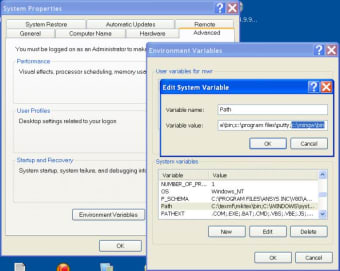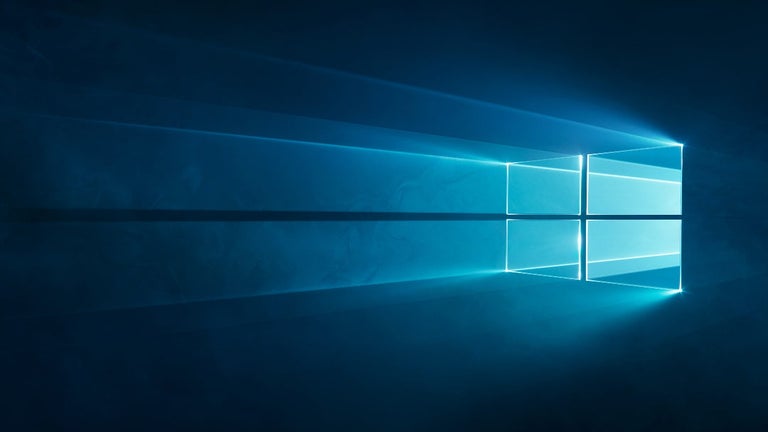The enduring legacy of the minimalist GNU
MinGW, or Minimalist GNU, is the foundational open-source development software that serves as a native port of the GNU Compiler Collection (GCC) for PC. Registered in 2000, this essential utility provides a stable environment for creating and building native PC applications. It is equipped with freely distributable import libraries and header files and includes necessary extensions to the MSVC runtime to specifically support C99 functionality. This straightforward approach allows developers to compile programs effectively, leveraging the power of GCC for PC application development.
Comprehensive language and foundational support
The MinGW environment supports a comprehensive array of programming languages, including C, C++, and Fortran. Beyond these, the software is also utilized for applications developed in Ada, Java, and Pascal. This broad language compatibility, combined with the provision of necessary runtime extensions, establishes MinGW as a flexible and enduring selection for developers, individuals in education, and professionals in information technology.
Advancement and 64-bit architecture
The project advanced significantly with the creation of MinGW-w64, which provides a complete development environment and was forked in 2007 to specifically offer 64-bit support and integrate newer APIs. It is a comprehensive collection of header files, libraries, and tools that seamlessly combine with compiler toolchains like GCC or LLVM. The platform offers a robust environment that provides more than a million lines of headers, which are regularly updated to continuously track new APIs. Furthermore, it supplies better-conforming and faster math support compared to Visual Studio's functions. That said, there is a challenge in learning everything, especially for aspiring developers.
Advanced runtimes and industry impact
MinGW-w64 is furnished with key runtime libraries, notably Winpthreads, which acts as a pthreads library specifically for supporting C++11 threading and simplifying integration with existing development projects. The toolkit also includes specialized utilities like gendef for generating Visual Studio .def files and widl for compiling Interface Definition Language files. MinGW-w64 maintains active collaboration with projects like Cygwin and MSYS2 and is utilized by a vast list of popular applications, including Blender, LibreOffice, FFmpeg, and VLC, demonstrating its reliability and effectiveness as a modern, high-performance compiler environment.
The defining toolkit for PC
The MinGW ecosystem, culminating in the MinGW-w64 project, is the definitive and feature-rich development environment for native PC applications. Its foundation lies in combining the power of the GCC and LLVM toolchains with essential 64-bit support and actively maintained headers that track new APIs. Its advanced features, like C++11 threading via Winpthreads, ensure it remains a powerful, reliable, and future-proof choice for the global development community.






